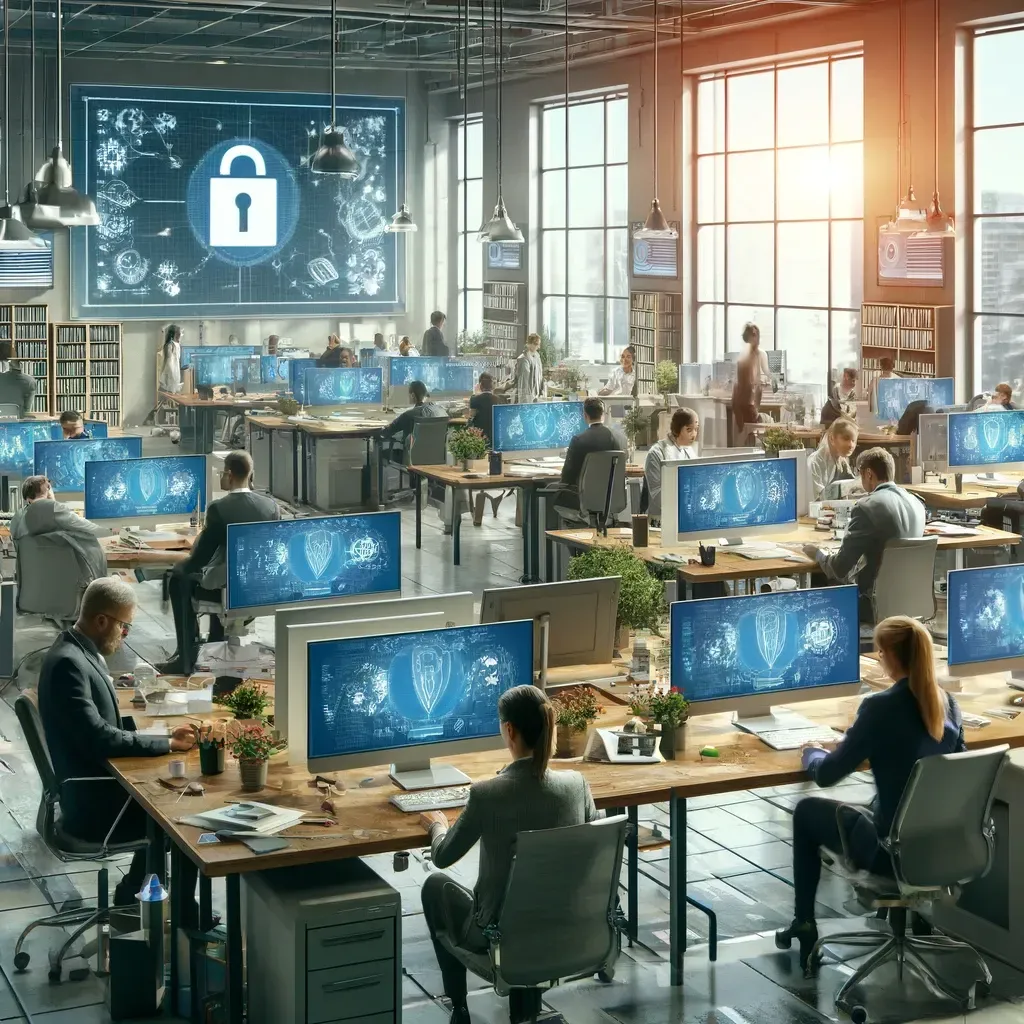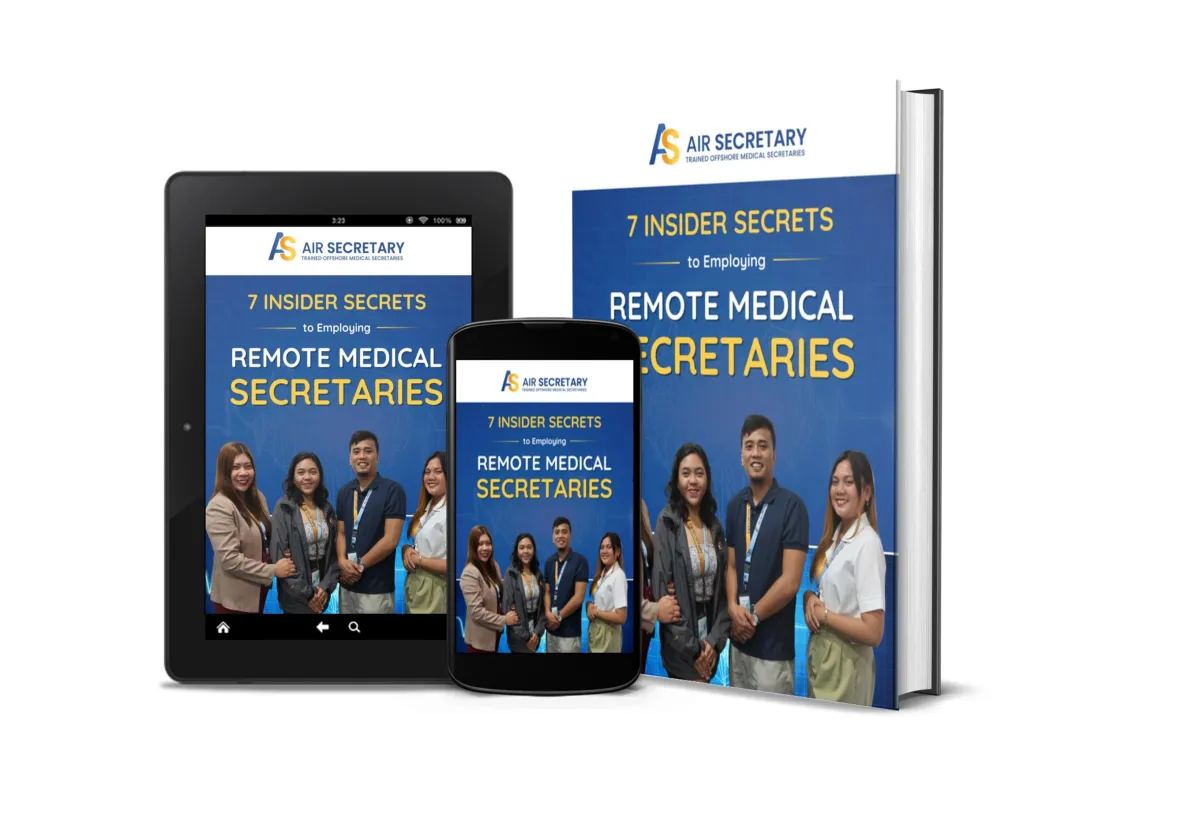Blogs

Top Five Reasons Why Remote Medical Secretaries Should NOT Work from Home
The rise of remote work has transformed the way businesses operate, including those in healthcare.
Remote medical secretaries are becoming popular for many practices. They can reduce the cost of administrative and secretarial work. It also frees up space in your consulting rooms. Many tasks which medical secretaries perform do not actually involve patient contact, for example, answering the phone, replying to emails, making appointments, chasing payments, booking theatre lists, typing letters etc.
However, working from home in this role is a bad option. These are my top five reasons why remote medical secretaries should not work from home:
1. Confidentiality and Security Risks
Medical secretaries handle sensitive patient information and usually have direct access to your patient management database. Working from home increases the risk of breaches in patient confidentiality and data security. Despite your best efforts to secure information, home networks often lack the robust security protocols found in office environments, for example working on an unsecure Wifi network. This makes them more susceptible to cyber threats and breaches of data security. Our Air Secretary office in the Philippines is set up with a very high level of data security. Our staff are also all trained in privacy, confidentiality and data security.
2. Lack of a Professional Environment
A dedicated, professional workspace is crucial for maintaining high standards of work. Home environments can be fraught with distractions and may not provide the right atmosphere for focused and efficient work. This can affect productivity and the quality of support they provide to doctors, patients and your on-site secretarial staff.
3. Poor productivity working from home
Working from home requires a high level of self-discipline and time management. These are skills that not everyone possesses equally. In an environment with more distractions and less oversight, some might struggle to maintain the level of productivity and efficiency crucial to the running of your busy practice. Supervision in our office environment enhances focus and efficiency. It also allows your staff to ask for help from their supervisor or colleagues. You certainly do not want your secretaries wasting time because they are stuck on a certain task. You also do not want them to unnecessarily interrupt you.
4. Lack of available technical support
Technology will fail us from time to time and occasionally at critical times. For a medical secretary working from home, an internet outage or a computer glitch can bring everything to a standstill. In our office in the Philippines, we have IT help just a call or a few steps away resulting in resolution of such issues quickly. Trying to sort out technical issues remotely can be time-consuming and costly.
5. Professional Development and Training Opportunities
One significant advantage of working from a remote office is the access to structured professional development and training opportunities. In our office environment we provide regular training sessions, workshops, and meetings. All staff are invited to present to the rest of the team in our quarterly training sessions. These sessions are always followed by a drink or dinner together. This fosters a great culture of continuous improvement, teamwork and for having fun learning.
In conclusion, while remote work offers many advantages, the specific responsibilities and requirements of a medical secretary's role make working from an office more suitable. Ensuring confidentiality, avoiding data security breaches, maintaining a professional work environment, improving productivity, providing IT support and fostering professional training are some of the benefits of an office environment.
Contact Air Secretary today for an office based remote medical secretary for your practice. https://airsecretary.com.au/contact-us



